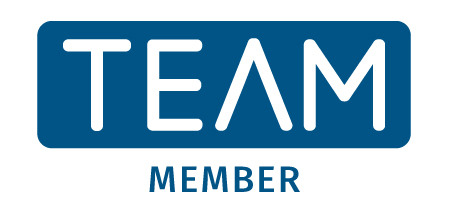What is the Skills Shortage in Engineering & Manufacturing and What are Its Causes?
The engineering and manufacturing industry is facing a severe skills shortage. This skills gap is causing a significant impact on the industry. Resulting in increased costs, decreased productivity, and missed opportunities for growth.
The main cause of this skills shortage is the lack of skilled workers due to an aging population. Many experienced engineers and manufacturers are retiring or leaving the industry. Additionally, there has been a shift in focus away from traditional engineering and manufacturing jobs towards more technology-focused roles. This has resulted in fewer people entering these industries, due to limited training opportunities or lack of interest in these roles.
The skills shortage in engineering and manufacturing has become a major issue for companies across the globe. It is essential that employers take steps to address this issue by providing more training opportunities for potential employees. As well as investing in new technologies that can help bridge the skills gap.
How to Identify the Skills Needed for Your Engineering & Manufacturing Company
Engineering and manufacturing companies must identify the skills needed to remain competitive in their respective industries. Companies need to be able to identify any skill gaps or shortages in their workforce. As well as develop strategies to fill those gaps. This can be done by assessing the skills of current employees, identifying areas where training or development is needed, and recruiting new talent with the desired skills. Additionally, companies should consider investing in technologies that can help automate certain processes and reduce the need for certain manual labor-intensive tasks. By understanding the specific skills needed in engineering and manufacturing, companies can ensure they are well-positioned for success.
The Benefits of Investing in Training & Education to Overcome the Skills Shortage
Investing in training and education is essential to bridge the skills gap and ensure that manufacturers have access to the right people. Training and education can help engineers stay up to date on new technologies, as well as develop their skillset for future jobs.
By investing in training and education, manufacturers can create a more prepared workforce. One that is better equipped to handle the demands of the industry. This can help you to stay competitive, as well as provide you with a larger pool of qualified candidates when recruiting for open positions. Additionally, this investment will lead to increased productivity levels and improved customer satisfaction rates. Which in turn will result in higher profits for manufacturers.

Best Practices for Recruiting Skilled Engineers & Manufacturers
Recruiting skilled engineers and manufacturers is essential for any business that wants to stay competitive. The right people with the right skills can make all the difference in a company’s success. However, finding these talented individuals can be a challenge. It takes specialised knowledge and experience to identify the best candidates for engineering and manufacturing jobs. Recruiters understand what skills are needed for each position, where to find the best talent, and how to evaluate potential hires. By working with and experienced recruiter, you can get access to candidates you otherwise wouldn’t , companies can ensure that they are hiring the most qualified individuals for their team
Using a recruiter to help you find the perfect engineering and manufacturing candidates
With the skills gap in engineering and manufacturing growing larger every day, it is essential to use a recruiter to fill this gap. Recruiters can help businesses find the right talent by searching for specialist engineers and technicians with the right qualifications and experience. By using a recruiter, businesses can be sure that they are hiring the right people for their needs. Therefore helping them overcome the skills gap.
Recruiters have access to a large pool of potential candidates and can match them with companies based on their requirements. They can also provide valuable insights into current trends in engineering and manufacturing. Ans this allows businesses to make informed decisions when it comes to hiring new staff.
Using a specialist recruiter is an effective way for businesses to bridge the skills gap in engineering and manufacturing. This allows them to quickly find qualified candidates with the necessary skillsets for their specific needs, ensuring that they have access to top-notch talent at all times.







